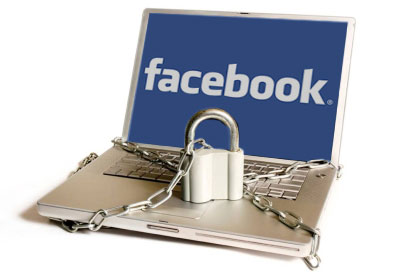You will never be able to live down the embarrassment of last Friday night or get out of that seemingly harmless lie about staying in. Someone you barely know has snapped your photo and Facebook will identify your face, even before you’ve logged in.
News about this has been circulating as far back as December, but Facebook only fully developed and made this update official in the past couple months. The update incorporates facial recognition to make picture tagging simpler and more convenient. Your friends will receive suggestions to tag you in pictures you may appear.
It may make the picture tagging process simpler, but is it really more convenient? And what about privacy? While users will receive notifications for tagged pictures, it gives the website the ability to scan and identify any and all pictures that are submitted. Any and all pictures – something to think about the next time a trigger-happy friend pulls out a camera.
A similar system for Apple’s iPhoto uses facial recognition to identify people – but that is not a program that has direct connection to the Internet. Photos are now not only uploaded online, but scanned for identification as well.
Everybody has pictures that they would do anything to make disappear. In a world where social media is one of the biggest forms of communication between not only friends but employers and clients, the pictures we choose to upload are of the utmost importance. Our relationships, careers and dignity depend on it!
While there is a simple process to remove this feature from your profile, the issue among most people has been that it is set up as a default. Facebook implemented facial recognition with no warning or announcement, leaving users baffled and even upset at what many are considering to be a significant breach of privacy. This reaction is not surprising as this follows a frequent trend that Facebook has had of implementing new privacy features without word. The latest news now reports that the privacy implications of facial recognition are under discussion by data-protection agencies.
Until then, Facebook users that are hesitant to let their pictures be scanned for facial recognition (for lack of privacy or for embarrassment from last weekend’s party) should visit their privacy settings online to change the default.
Control of Facebook privacy settings has become more important than ever, and picture tagging should be treated with the same importance. When a picture says a thousand words, it’s just as important as your personal info.


